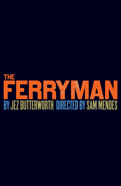The Ferryman's Jez Butterworth and Laura Donnelly on Turning a Family Secret into a Tony-Nominated Drama

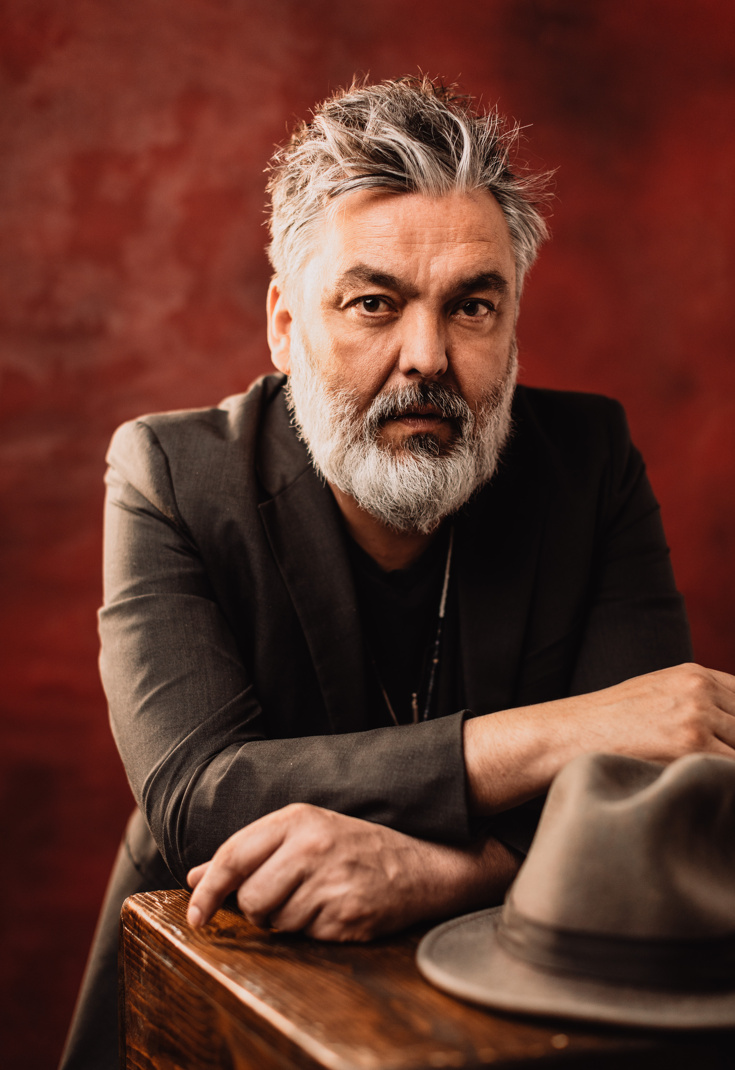
(Photo by Emilio Madrid-Kuser for Broadway.com)
As awards season barrels toward its culmination at the 73rd Annual Tonys on June 9, Jez Butterworth’s The Ferryman is picking up speed and tchotchkes along the way. The family and political drama opened on Broadway in October on a wave of acclaim and buzz, but then it had a massive cast change in February—an unusual move for a new Broadway production. “We have two small children,” star Laura Donnelly explains as the reason for the exodus. (Donnelly and Butterworth, who are life partners that met while doing the world premiere of his play The River, have two young daughters together: two-year-old Radha and Ailbhe, who is a year old.) Nevertheless, the show nabbed nine Tony nominations, including one for Best Play and a Best Actress nod for its now absent leading lady, whose family story inspired the piece.
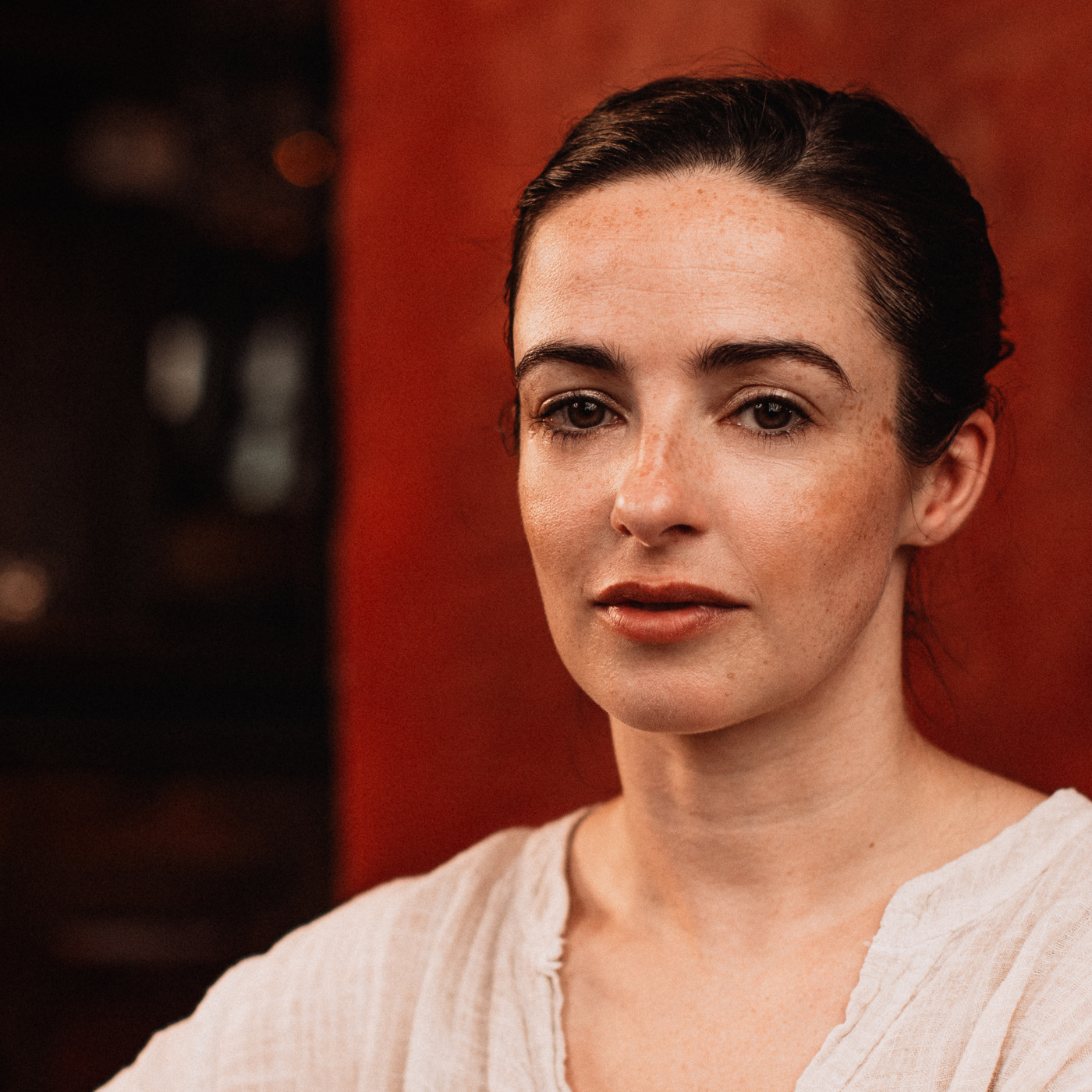
(Photo by Caitlin McNaney for Broadway.com)
Set in Northern Ireland during the Troubles, the British Butterworth looked to his Belfast-born partner as he excavated the story of her uncle’s murder by the IRA. Donnelly’s mother’s brother, Eugene, disappeared from his home in 1981 and was found three years later buried in a bog. Taking a deeply personal history and turning it into a theater piece required a delicate hand, and Donnelly says the process has been poignant for her family: “It has been emotional to be able to turn something very tragic around into something really joyous—particularly for my mother.”
Butterworth asked permission from Donnelly’s mother to write the piece. “He certainly wanted to know that it would be OK with her,” the actress says, “and she gave it her full, wholehearted blessing right from the beginning. At the same time, he was only using that story as a starting point. What he was actually saying was more to do with himself and the things that haunt him than it was to do with specifically my family. I mean, it is inspired by my uncle, but after that, the characters don't resemble anybody that is in my family. He wasn't delving into deep dark closets.”
Butterworth says beyond the starting point of Donnelly’s uncle and the historical aspects of the Troubles, he did indeed cull ideas, places and even names from his own life. “The set is an exact replica of the kitchen that I lived in from 2005 until 2012 with my then-wife and our children and brothers and sisters, uncles and aunts,” Butterworth says. “I went all around that part of Northern Ireland looking for farmhouses that were going to be like as much like that as I could find. And in the end, I just thought, ‘F**k it. I'll set it in the space that I know.’” It’s so close to his former home that he witnessed his eldest daughter walking onto the set when the play was at the Royal Court in London. "She started looking in the drawers for her things because she knew that kitchen exactly,” he laughs.
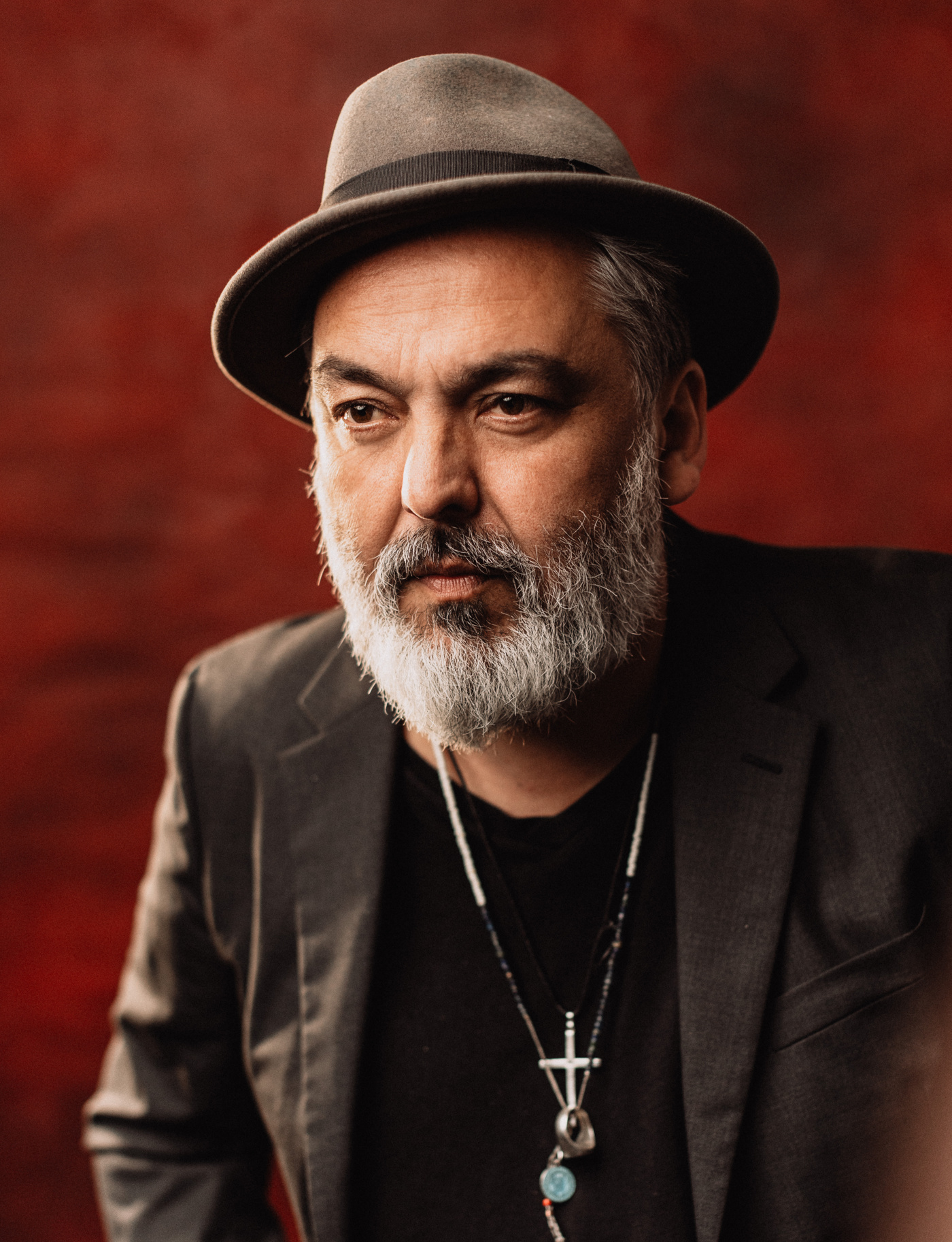
(Photo by Emilio Madrid-Kuser for Broadway.com)
Other details Butterworth plucked from his own life include names and characterizations. “The names of all of the daughters are the names of my mother and her sisters,” he says. “The character of Aunt Maggie Far Away is based on my grandmother Maggie, who, in a different kitchen, slowly fritzed and phased out with vascular Alzheimer’s. She said a lot of the things that Aunt Maggie says in the play. It was that kind of a presence where you'd kind of forget she was there. It was constantly funny because she would suddenly join in.”
With much to keep track of in this sprawling drama—the cast boasts two dozen actors, a live goose and rabbit, and a real baby—one might think Butterworth’s writing process was filled with charts and graphs and journals of character studies. But unlike many playwrights,The Ferryman scribe, who is also known for his plays Mojo, The Night Heron and Jerusalem, doesn’t keep a notebook or even set writing hours. “I don't do any of those things,” he says.” If I have an idea for something, I try and run away from it as hard as I can and see if it chases me. Sometimes I'll run for years. I tried as hard as I could not to write something about the Troubles as an Englishman, and to not write something so close to my partner's experience, but it kept chasing me. And if it ever comes time for me to sell my papers, there will be nothing. I go in blind without anything. At the end of the process, I've pretty much just got the play.”
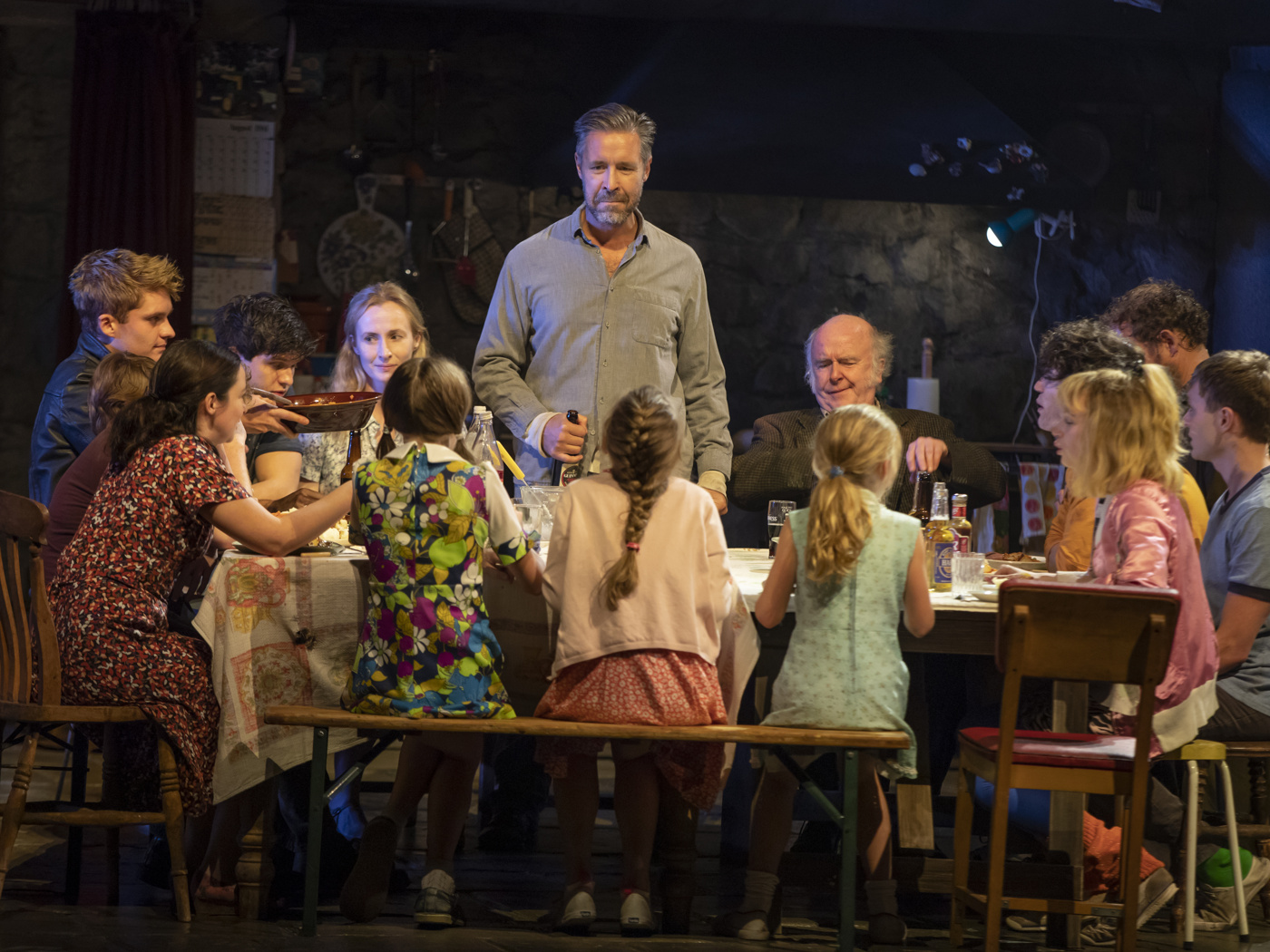
(Photo by Joan Marcus)
Now that the Broadway and London productions have had subsequent casts, Butterworth and Donnelly have had a chance to step away from the intimacy of the experience. “It’s strange,” Donnelly says of being away from the show. “I've really missed it.” Butterworth adds, "There are dual aspects to the experience: One is a sense of utter excitement and humility that you get the chance to see anybody do a second version of a play that you write. That is just wonderful. The other aspect is that there's somebody else they've dressed up as your partner. [laughs] It's like coming home and, you know, the kids are different. It's peculiar.”
As for the Tony nominations and awards season hubbub, Donnelly says she’s thrilled to be part of it. “I love the fact that I get to come back and celebrate it this way. It feels like a beautiful ending to the whole thing.”
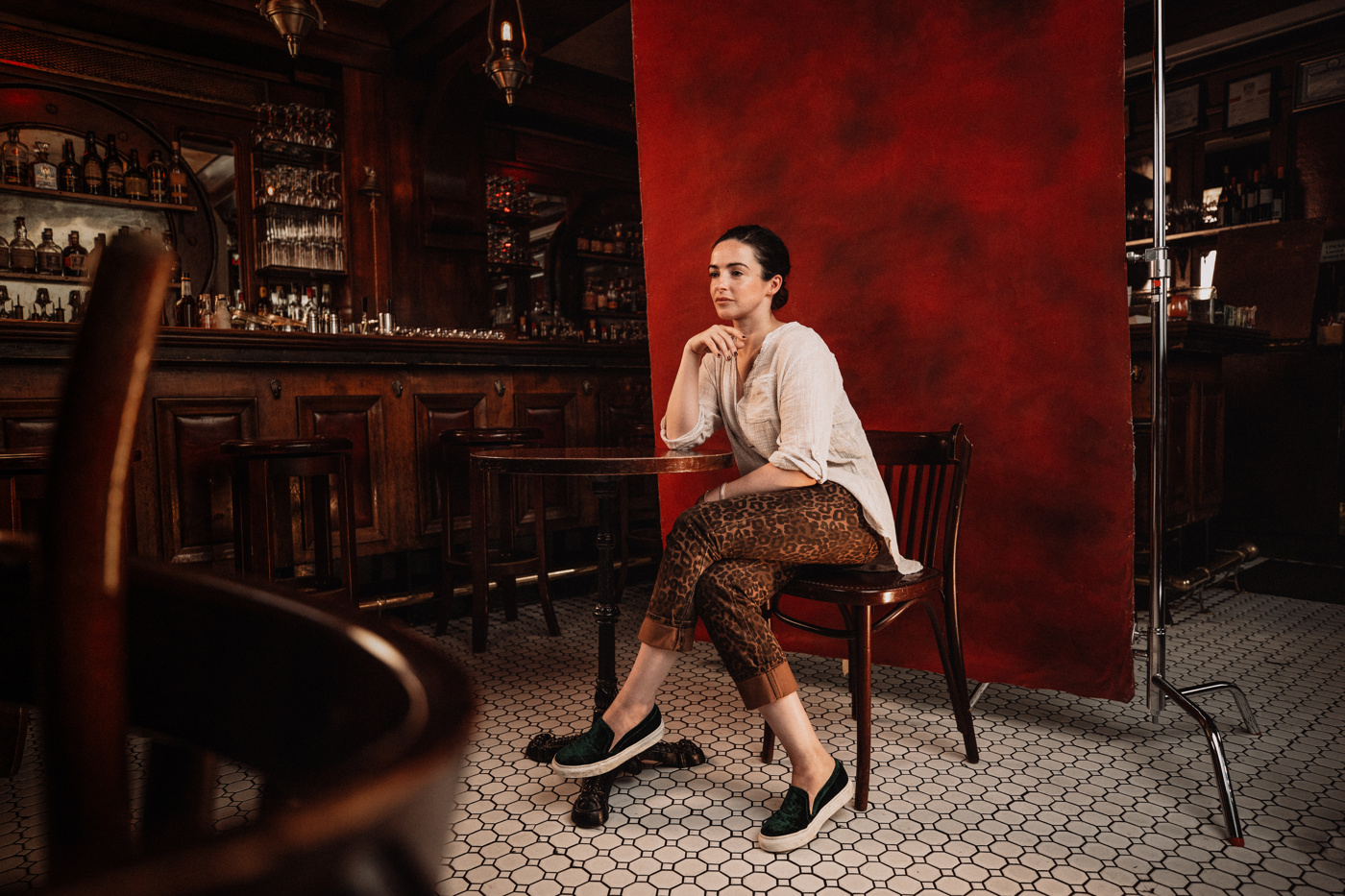
(Photographed by Caitlin McNaney for Broadway.com at The Rum House)
